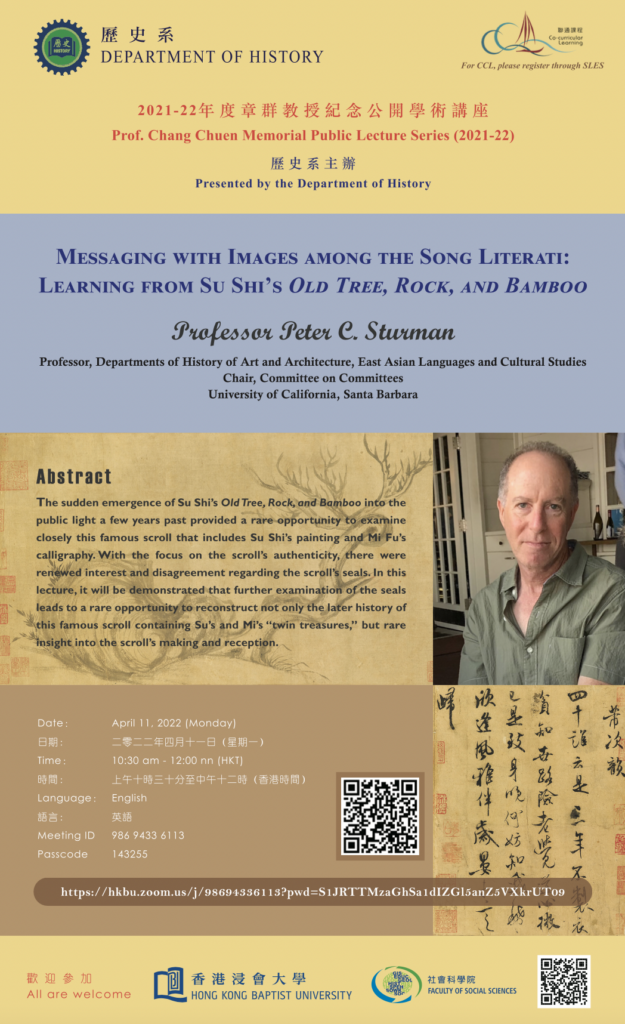
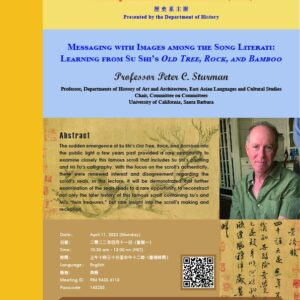


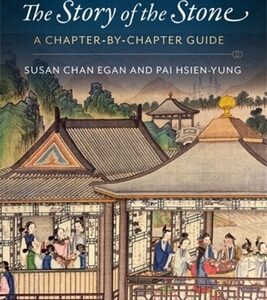
Click the link below to hear a great podcast interview on the New Books Network by Ph.D. candidate, Linshan Jiang. In the podcast, Linshan interviews Susan Chan Egan, co-author with Pai Hsien-yung (Bai Xianyong) on the new book, A Companion to the Story of the Stone: A Chapter-By-Chapter Guide.
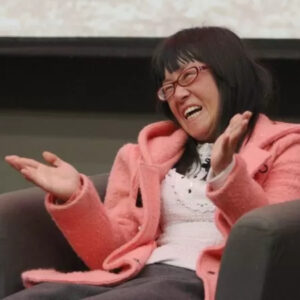
EALCS professor Hangping Xu was recently interviewed by the BBC to discuss the 2022 Winter Paralympics in Beijing and how poet Yu Xiuhua challenges official narratives about disability in China. Prof. Xu has previously written about Yu Xiuhua for the Dictionary of Literary Biography, and co-edited a special section on Yu Xiuhua for Chinese Literature Today. He is also one of the founders of UCSB’s Disability Studies Initiative.
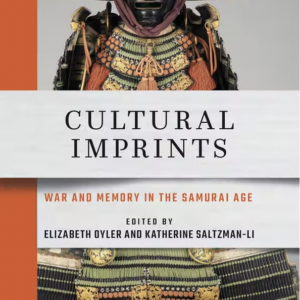
Congratulations to Professor Kate Saltzman-Li on her new co-edited volume, Cultural Imprints: War And Memory In The Samurai Age!
Cultural Imprints draws on literary works, artifacts, performing arts, and documents that were created by or about the samurai to examine individual “imprints,” traces holding specifically grounded historical meanings that persist through time. The contributors to this interdisciplinary volume assess those imprints for what they can suggest about how thinkers, writers, artists, performers, and samurai themselves viewed warfare and its lingering impact at various points during the “samurai age,” the long period from the establishment of the first shogunate in the twelfth century through the fall of the Tokugawa in 1868.
The range of methodologies and materials discussed in Cultural Imprints challenges a uniform notion of warrior activity and sensibilities, breaking down an ahistorical, monolithic image of the samurai that developed late in the samurai age and that persists today. Highlighting the memory of warfare and its centrality in the cultural realm, Cultural Imprints demonstrates the warrior’s far-reaching, enduring, and varied cultural influence across centuries of Japanese history.
Contributors: Monica Bethe, William Fleming, Andrew Goble, Thomas Hare, Luke Roberts, Marimi Tateno, Alison Tokita, Elizabeth Oyler, Katherine Saltzman-Li
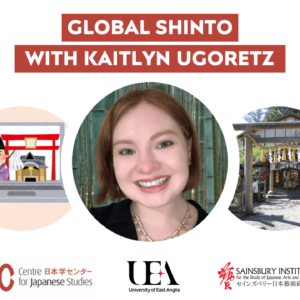
EALCS Ph.D. candidate Kaitlyn Ugoretz recently sat down with the Beyond Japan podcast to discuss the global appeal of Shinto in the digital era. Kaitlyn introduces online Shinto communities as old as the internet itself, as well as the many international faces of Shinto, from official shrines in the USA to localised rituals and Marie Kondo’s brand of spiritualism. Click here to stream the podcast, or find it on your favorite podcast app.
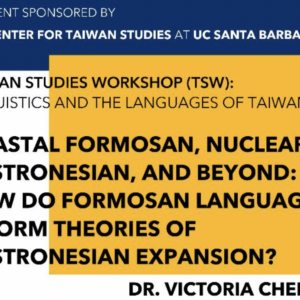
Please join us for “Coastal Formosan, Nuclear Austronesian, and Beyond: How do Formosan Languages Inform Theories of Austronesian Expansion?” with Victoria Chen (Victoria University of Wellington).
4:30-6:00 p.m. PST on Thursday March 3, 2022
Please register at: https://forms.gle/88TFEMBSQ1xqmVsZ6
The Zoom link will be emailed to you prior to the talk.